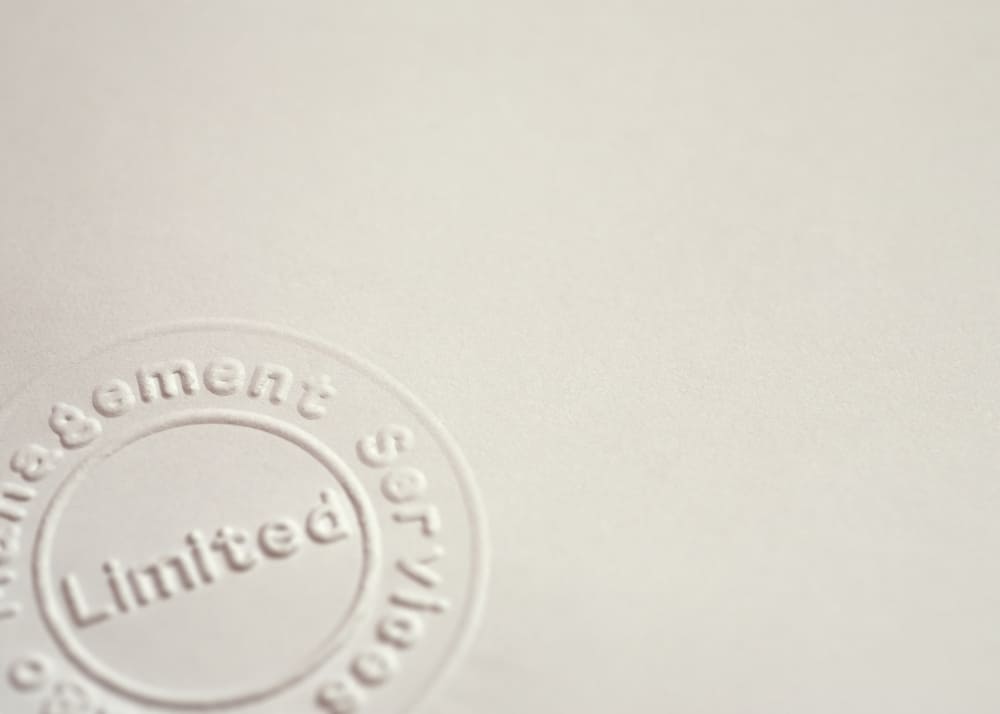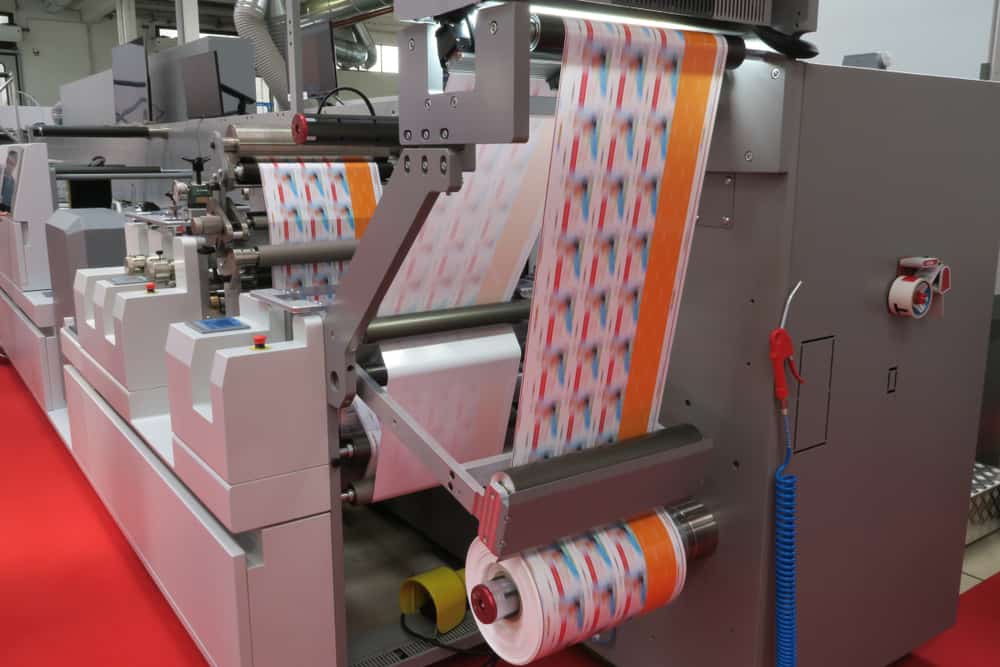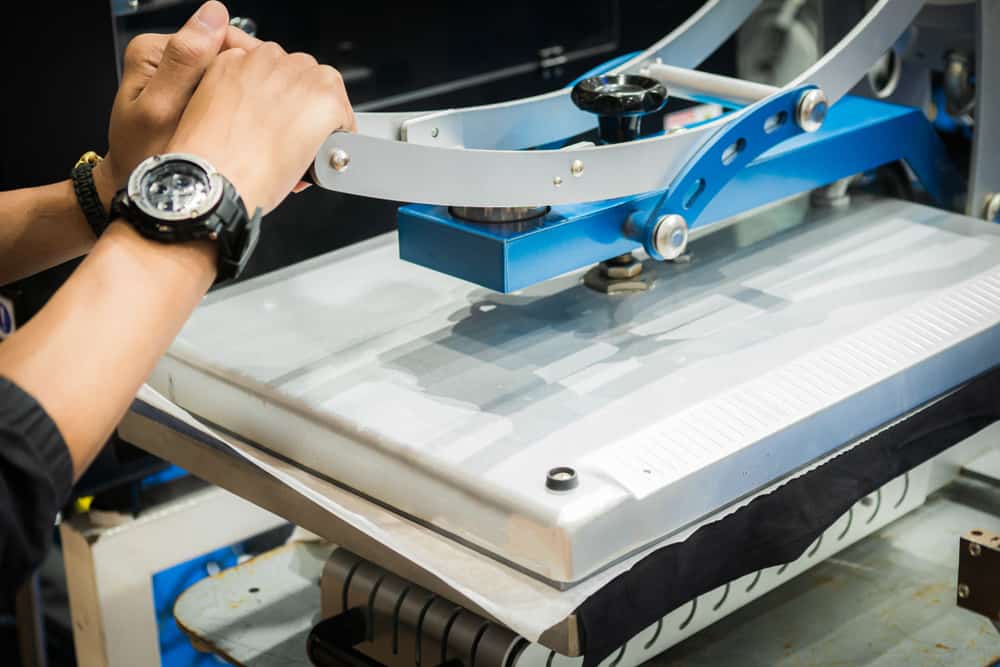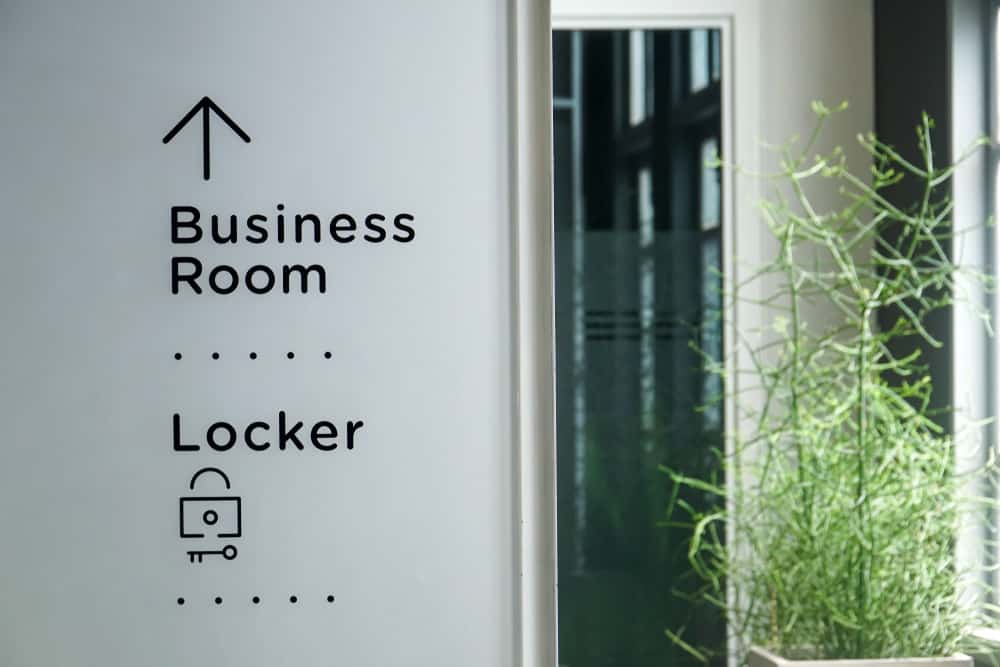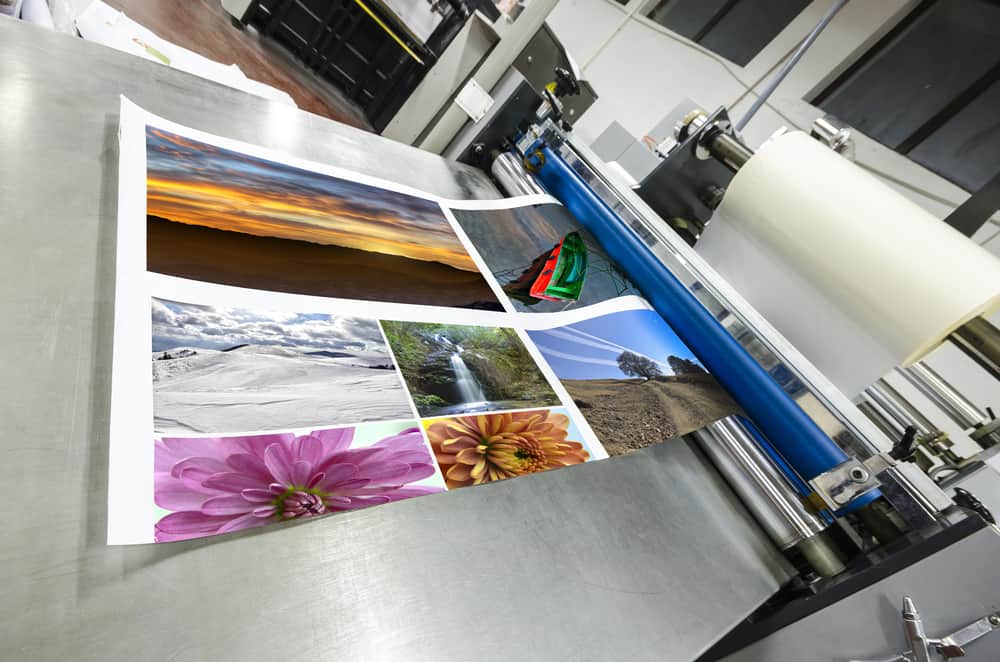Are you seeking a reliable, experienced team to handle your industrial printing needs? You can rely on PPD&G for top-quality custom print services. With years of experience managing complex projects, state-of-the-art equipment, and decades spent perfecting our printing techniques, we guarantee professional results that meet even the most demanding specifications.
Whether it’s a small project or something large scale, our specialized staff provides individualized attention throughout all stages of production – from the initial design concept through certified quality control checks before delivery. Let us help you produce bold prints and designs with superior accuracy and precision.
Our Specialty Printing for Different Projects
Custom print services are a great way to create professional-looking and eye-catching printed specialties that make an impact. Whether you need to promote your business or just have a memorable keepsake, industrial printing can help you get the job done. At PPD&G, we offer the following services:
Offset Printing
Offset printing is one of the most popular industrial printing techniques used today. It allows large-scale production to run quickly and efficiently, making it ideal for businesses needing high volumes of printed products. It works by transferring an image from one plate to another using ink rollers. Various materials and components are required to achieve offset printing, including:
- Rubber blankets
- Plates
- Rollers
- Inks
Variable data printing (VDP)
VDP is a process used in industrial printing that enables the mass production of customized documents using digital printing technology. It requires special equipment, such as digital printers with variable data capabilities and software designed for VDP. VDP makes it more cost-effective to print large numbers of documents on demand without manually adjusting text or graphical elements.
Variable data printing (VDP) allows businesses to customize their print materials more granularly by personalizing each copy with specific customer information. With VDP, companies can create more impactful materials that resonate with their target audiences.
Large Format Printing
Large-format printing can be used for various industrial applications, including:
- Signage
- Banners
- Posters
- Brochures
- And more
The most common materials in large-format printing are vinyl, fabric, plastic, and paper substrates.
- Vinyl is the most widely used material because it is durable and long-lasting. It can also be printed with UV-curable inks that resist fading over time.
- Fabric substrates have properties similar to vinyl but come in various textures and colors. Plastic can also be printed on but is less durable than other substrates.
- Paper substrates offer an economical solution but are unsuitable for outdoor applications due to their susceptibility to water damage.
Foil Stamping/Hot Stamping
Hot Foil Stamping is an industrial process that uses heated dies and dies to create different designs and patterns on various materials. It is commonly used for decoration, identification, security, product authentication, and other custom-made imprints.
The foil used in this process can be made from various materials, including copper, brass, aluminum, stainless steel, or polyester. Depending on the stamped material and the desired design, the correct foil type must be chosen for the best results.
Embossing and Debossing
Embossing and debossing are techniques used to add texture to a print job. Embossing lifts the image off the surface, while debossing creates an indentation in the material. These processes are often used on:
- Business cards
- Letterheads
- Product packaging to create a unique look
- And more
Heat Transfers
Heat transfers are another form of industrial printing commonly used on fabric items such as t-shirts and hats. A special transfer paper is printed with the image and then heat-pressed onto the fabric. The result is a vibrant, detailed design that will last for years to come.
The two primary materials used for this process are vinyl and transfer paper. Vinyl is generally considered the more durable material as it is resistant to fading or cracking over time due to its thicker composition. This makes it ideal when creating items that need to last, such as uniforms or logos on safety equipment.
Vinyl also provides a sharper image than traditional screen-printing techniques, making it perfect for detailed designs like small text or intricate graphics. Transfer paper is the other material used in heat transfers for printing and can also be applied using a heated press. It is usually made from polyester or nylon and is much thinner than vinyl.
Sublimation Fabric Printing
Manufacturers use heat-activated sublimation inks and specialized printers and fabrics designed specifically for this type of printing. The process begins by first preheating the fabric before applying the sublimation inks. Once the ink is applied, it vaporizes within seconds as it comes into contact with the heated fabric. This creates beautiful colors and detailed designs that won’t peel or fade over time.
The most common materials used in sublimation fabric printing are:
- Polyester
- Nylon
- Other synthetic fabrics.
Digital Printing
Digital printing technology is quickly becoming one of the most preferred printing methods for industrial use. It offers a wide variety of applications and materials and faster turnaround times than traditional methods.
Digital printers offer high-resolution output and more precise color fidelity than traditional methods. This makes them perfect for producing labels, packaging, and detailed products.
The ability to print on multiple substrates also means that companies can save money by ordering smaller quantities of printed materials, as digital printing eliminates the need for costly plates or screens from specialty screen printing.
The materials used in digital printing can vary depending on the project’s needs. However, some of the most common include:
- Polyester fabrics
- Paperboard
- Canvas
- Paper
Label Printing
Label printing is a key part of the manufacturing process across many industries. It provides important information on parts, products, and assemblies, such as:
- Barcodes
- Product numbers
- Names
- Logos
- Instructions
To ensure accuracy and durability when printing labels for industrial use, the right label printing materials can make a big difference in the quality and durability of labels.
When it comes to selecting material for industrial labels, there is an array of options available. Synthetic materials such as polyester, vinyl, and polypropylene are often used because they provide superior durability in harsh environments and resist moisture, chemicals, and abrasion.
Pad Printing
Pad printing is an ideal method for decorating and personalizing products with logos, text, and images on various materials such as:
- Metal
- Plastic
- Wood
- Paper
- Fabric
Pad printing utilizes thin plates to carry the desired design onto the product via a pad that picks up the image from the plate and transfers it onto the product. The pad can be customized to fit virtually any shape or size of material or object.
Specialty Screen Printing
Flatbed screen printing is a type of specialty printing that uses a mesh stencil (screen) that contains the image to be printed, along with inks and a squeegee. The inks are pressed through the mesh stencil onto the material to be printed. Flatbed screen printing machines can print on a wide range of substrates, including fabrics, plastics, metals, glass, and paper products.
Premier specialty printing at PPD&G
PPD&G offers the very best specialized printing services. With the latest technology and experienced staff, we provide accurate results with efficient project turnaround times. From whatever kind of print job you have, from large format to specialty screen printing or other custom print services – PPD&G strives to give our clients satisfaction in every aspect.
Remember that quality and accuracy are the most important elements in printing. That’s why we take great pride in delivering precisely what you need for any specialist print job requirement. If your business needs high-end specialty printing capabilities, contact us today to help you create the perfect prints for any application.


